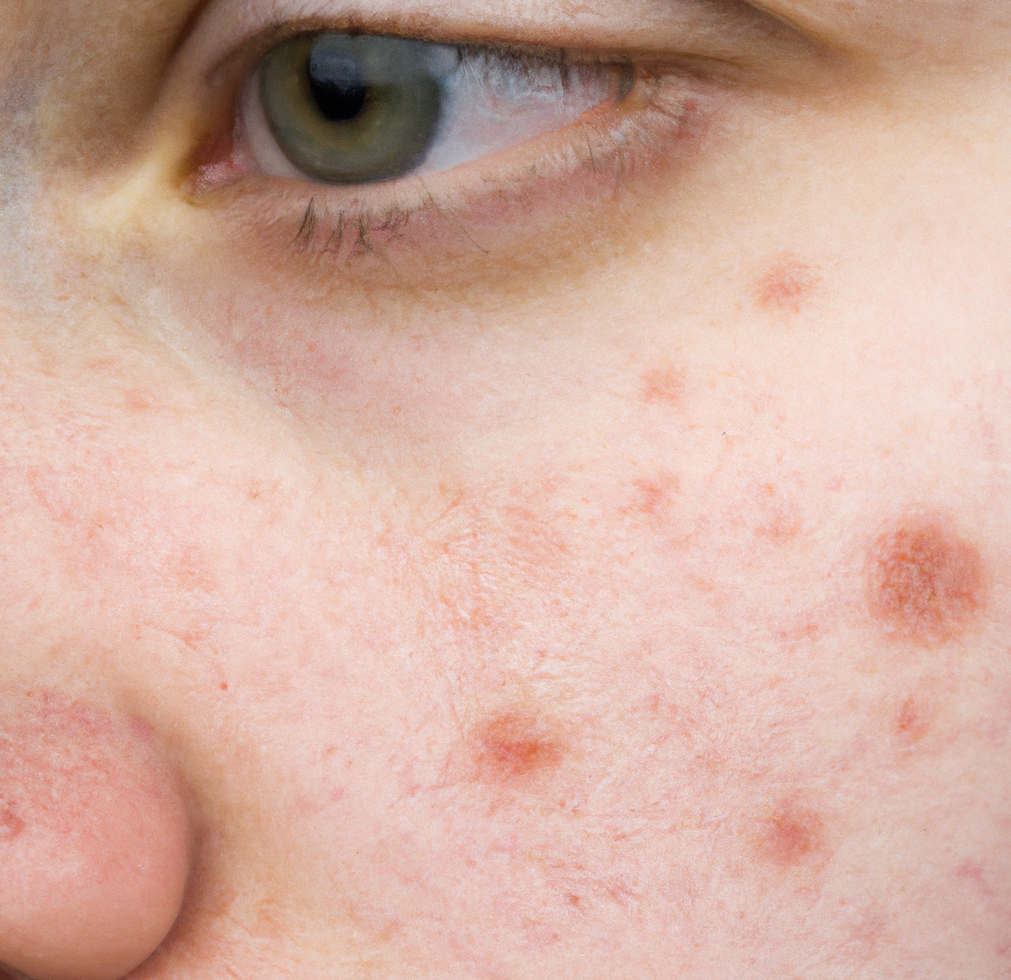When it comes to treating dark spots or sunspots on the face, several effective treatment options are available. The goal is to help reduce their appearance. Let’s explore some of the best treatment options in a formal and informative manner.
Topical creams and lotions for dark spots:
Hydroquinone: This skin-lightening agent can help fade sunspots by inhibiting melanin production.
Retinoids: Vitamin A derivatives like tretinoin can promote skin cell turnover. This reduces the appearance of sunspots over time.
Vitamin C serums: These antioxidant-rich formulations can help brighten the skin and fade sunspots. They work through their skin-rejuvenating properties.
Chemical peels for dark spots:
Superficial or medium-depth chemical peels are key. They need to contain ingredients like glycolic acid, salicylic acid, or trichloroacetic acid (TCA). Those ingredients can exfoliate the skin and fade sunspots.
Chemical peels promote cell turnover, improve skin texture, and diminish pigmentation irregularities, including sunspots.
Laser and light-based therapies:
Intense Pulsed Light (IPL) therapy: IPL devices emit controlled pulses of broad-spectrum light, targeting pigmented areas and reducing the appearance of sunspots.
Fractional laser resurfacing: This treatment uses laser technology to remove damaged skin layers and stimulate collagen production, effectively fading sunspots.
Cryotherapy:
Liquid nitrogen is applied to freeze and destroy the pigmented cells, causing them to gradually fade.
Microneedling:
This procedure involves creating tiny punctures in the skin’s surface using fine needles, stimulating collagen production and promoting the natural fading of sunspots over time.
Prescription medications:
Dermatologists may prescribe topical creams or lotions containing stronger ingredients like corticosteroids or stronger retinoids for more stubborn or resistant sunspots.
It is important to note that the best treatment option may vary depending on factors such as the severity of sunspots, skin type, and individual preferences. Consulting with a qualified dermatologist or skincare professional is crucial to determine the most suitable treatment plan for your specific needs.
Additionally, prevention is key in managing sunspots. Regularly applying broad-spectrum sunscreen with a high SPF, wearing protective clothing, and limiting sun exposure during peak hours can help prevent the formation of new sunspots and protect your skin from further damage.
Remember, consistency and patience are essential when treating sunspots. Results may take time, and a combination of treatments, along with proper sun protection, can yield the best outcome in fading and minimizing the appearance of sunspots on your face.

